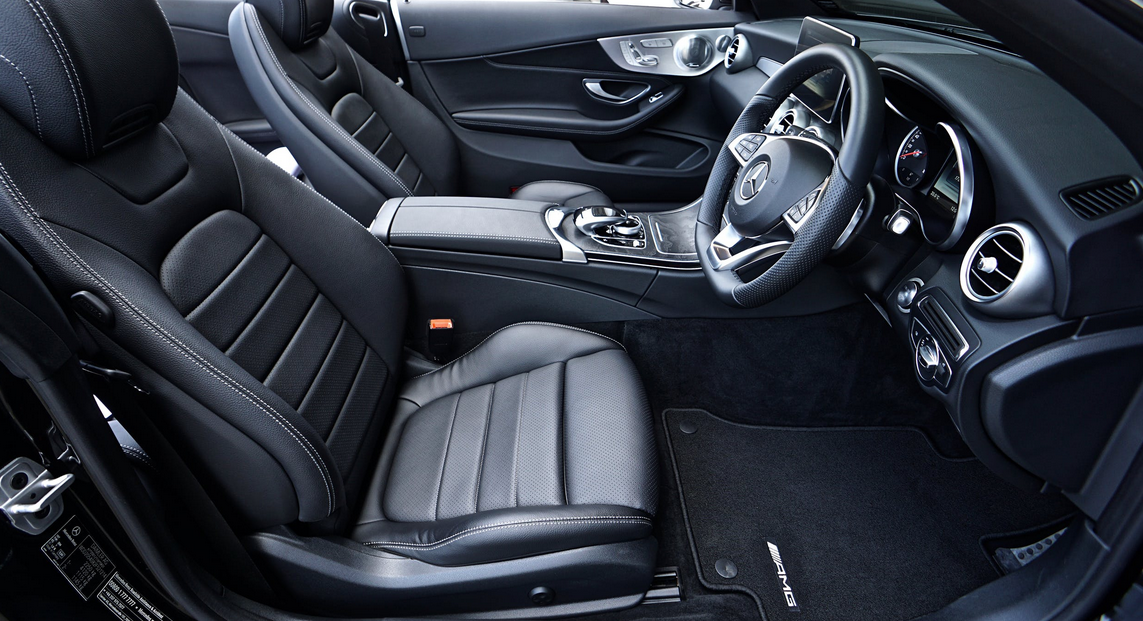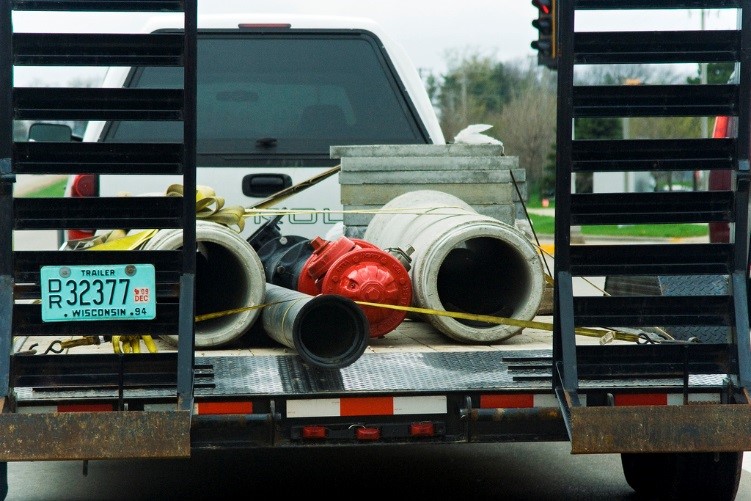It can be difficult to know what kind, and size, of tires will work best for your truck. The right tires can improve your gas mileage and traction, as well as providing a smooth ride. Using the wrong tires can damage your truck and your wallet. Here are some factors to look at when you’re making your tire choice.
Size
Many people choose to replace their tires with tires of the same size. You can find the size on the sidewall of the tire, in your owner’s manual, or on your tire placard (which is typically posted inside your glove box door, on the cover of your fuel door, or on a door edge).
However, you may choose to upsize your truck tires. This is an increasingly popular option because larger tires can increase traction, stabilize the truck, and increase the carrying capacity. It also lends that tough, off-road look to your truck.
If you choose to upsize, Discount Tires recommends following these three steps:
- Make sure the tire has load carrying capacity equal to or greater than what the vehicle placard suggests.
- Verify that the rim width range is appropriate for the tire to be installed.
- Confirm that the tire-to-vehicle clearance, lock-to-lock steering, and suspension clearance is such that no rubbing occurs.
When upsizing, you may need to increase your trucks suspension to allow for taller tires.
Use
Perhaps the most important consideration when choosing your tires is how you intend to use them. It’s been said that “nothing says more about your truck [than] the tires it sits on” (Tonka 4-Wheel Drive Ltd.). Your tires enable your truck to perform the function it’s intended for. For example, a commercially used truck will need different tires than a truck primarily used for off-roading.
Personal Use
If your truck is primarily a personal or family vehicle, you likely won’t need heavy-duty tires. You may still want to lift your truck and install tires with a broader diameter to achieve that aggressive, tricked-out look, but don’t waste money on tires meant for off-roading. You may want to invest in some winter tires, depending on your climate, but otherwise stick with street tires.
Light Commercial Use
If you use your truck primarily for hauling medium-sized loads, you will want sturdier tires than if your truck were just a personal use vehicle. For example, if you are a landscaping professional and use your own truck to transport your equipment to job sites. You won’t need as intense of tires as a recreational truck, but having tires intended for hauling will enhance your trucks performance in the long-term.
Recreational Use
If you consistently use your truck for off-roading or other recreation, you will encounter much harsher terrain than trucks that are used solely in residential or construction areas. You will want to invest in tires with deeper treads, which are specifically intended for recreation. Most common types of recreation, such as mudding, have a type of tires specifically made for that.
Supplier
When it comes to tire suppliers, there are tons of options. You may already know of a brand name that you trust, or you may want to ask the advice of other truck owners you know or through an online forum. If you aren’t sold on any one supplier, you may want to look into used or retreaded tires. These secondhand tires are a safe and eco-friendly option. However, your primary concerns when choosing a tire supplier should be quality and durability, rather than bargain prices. This will ensure that your tires are safe and efficient for a long time to come.
Whether you drive a tricked out, off-roading machine or a nondescript heavy-duty hauler, taking a close look at these factors can help you find the perfect tires for your truck.





